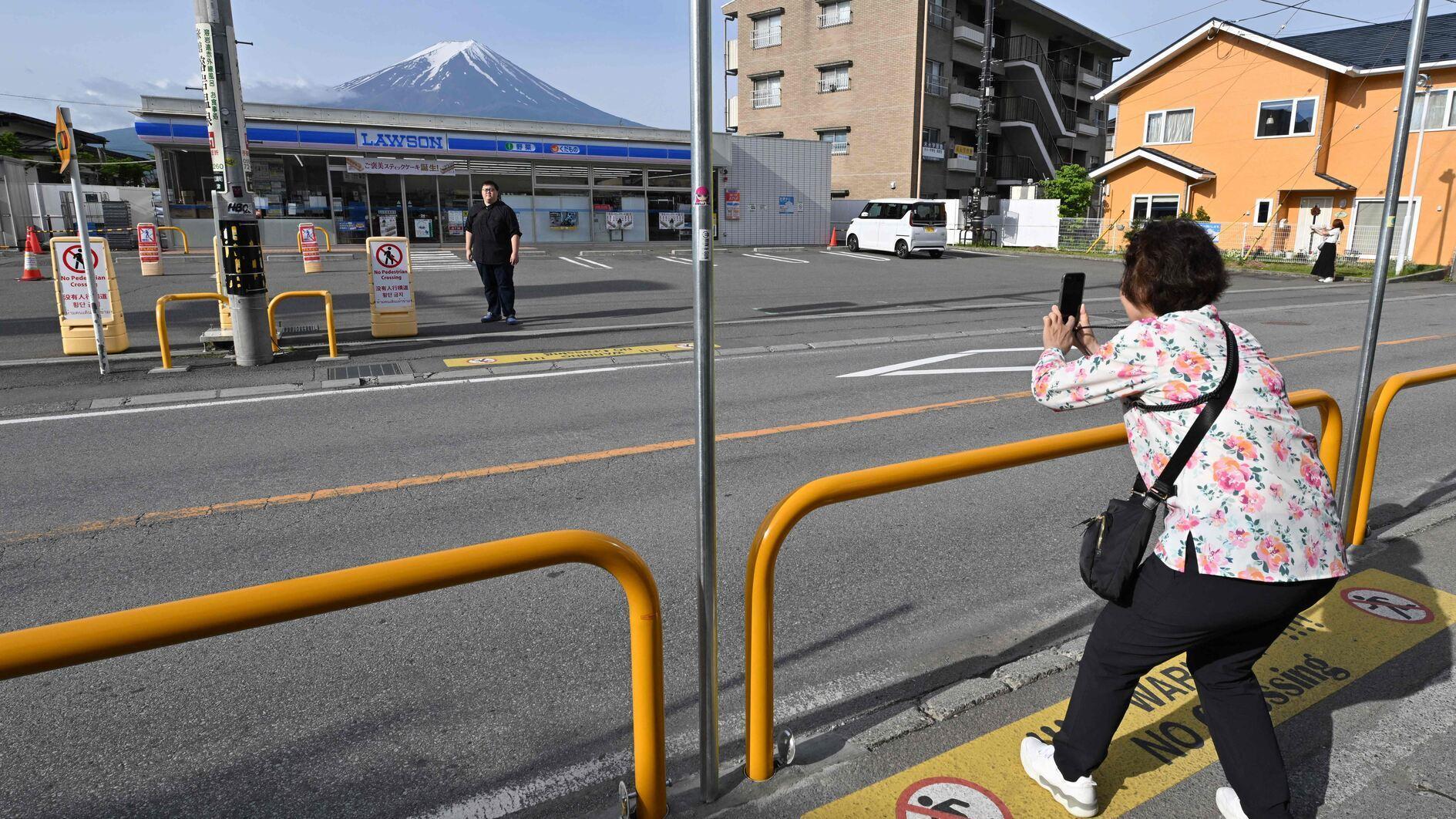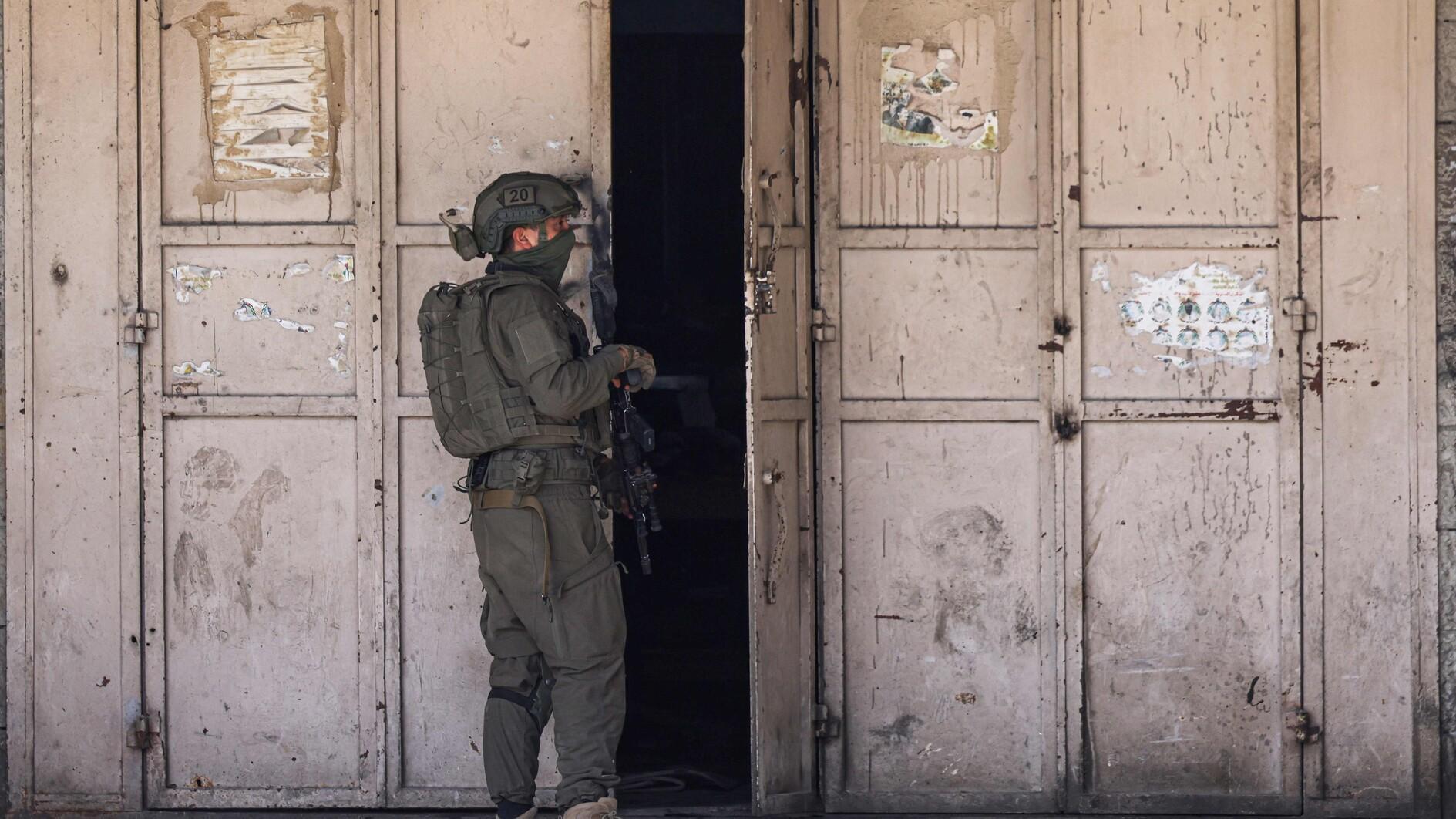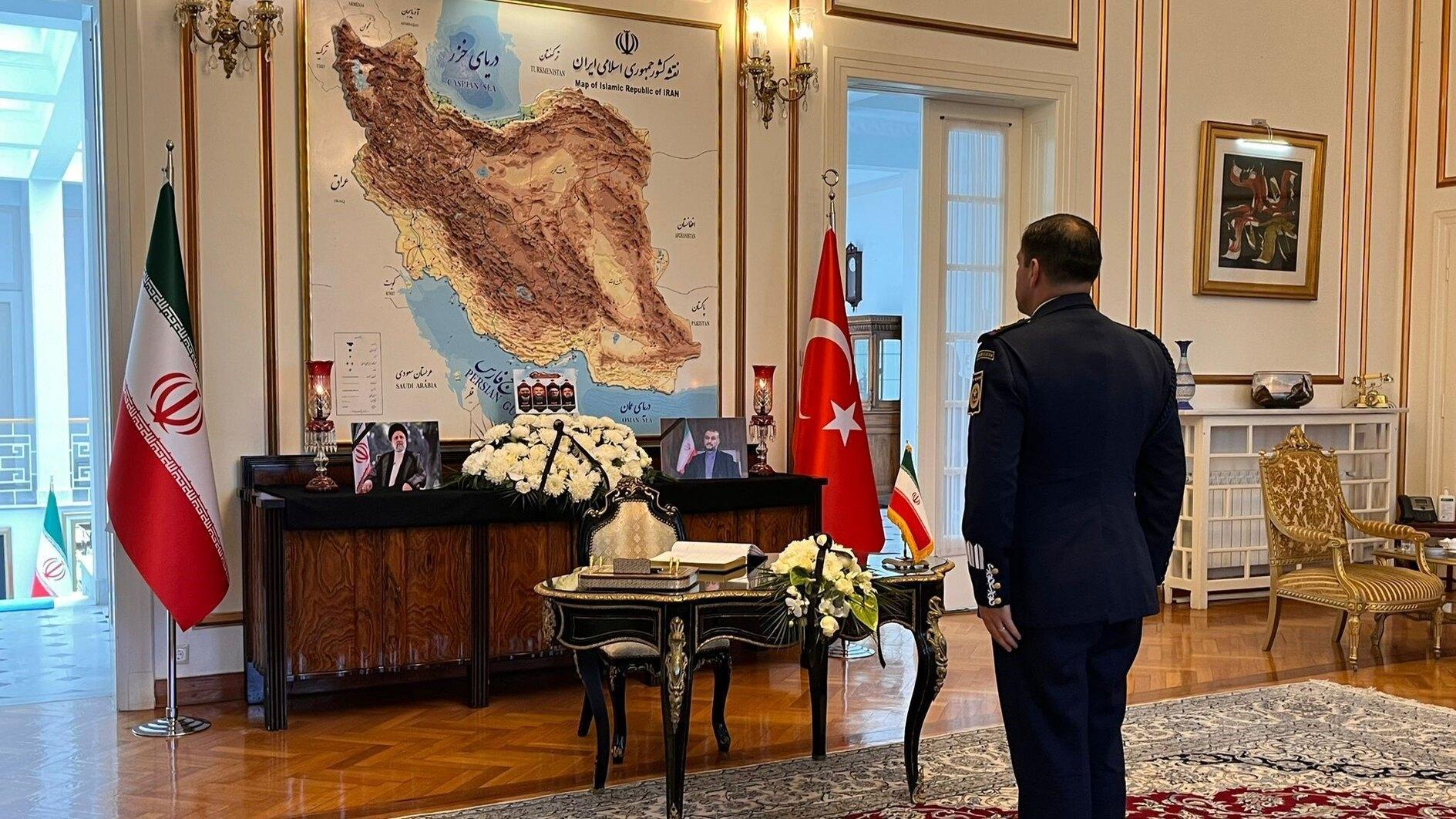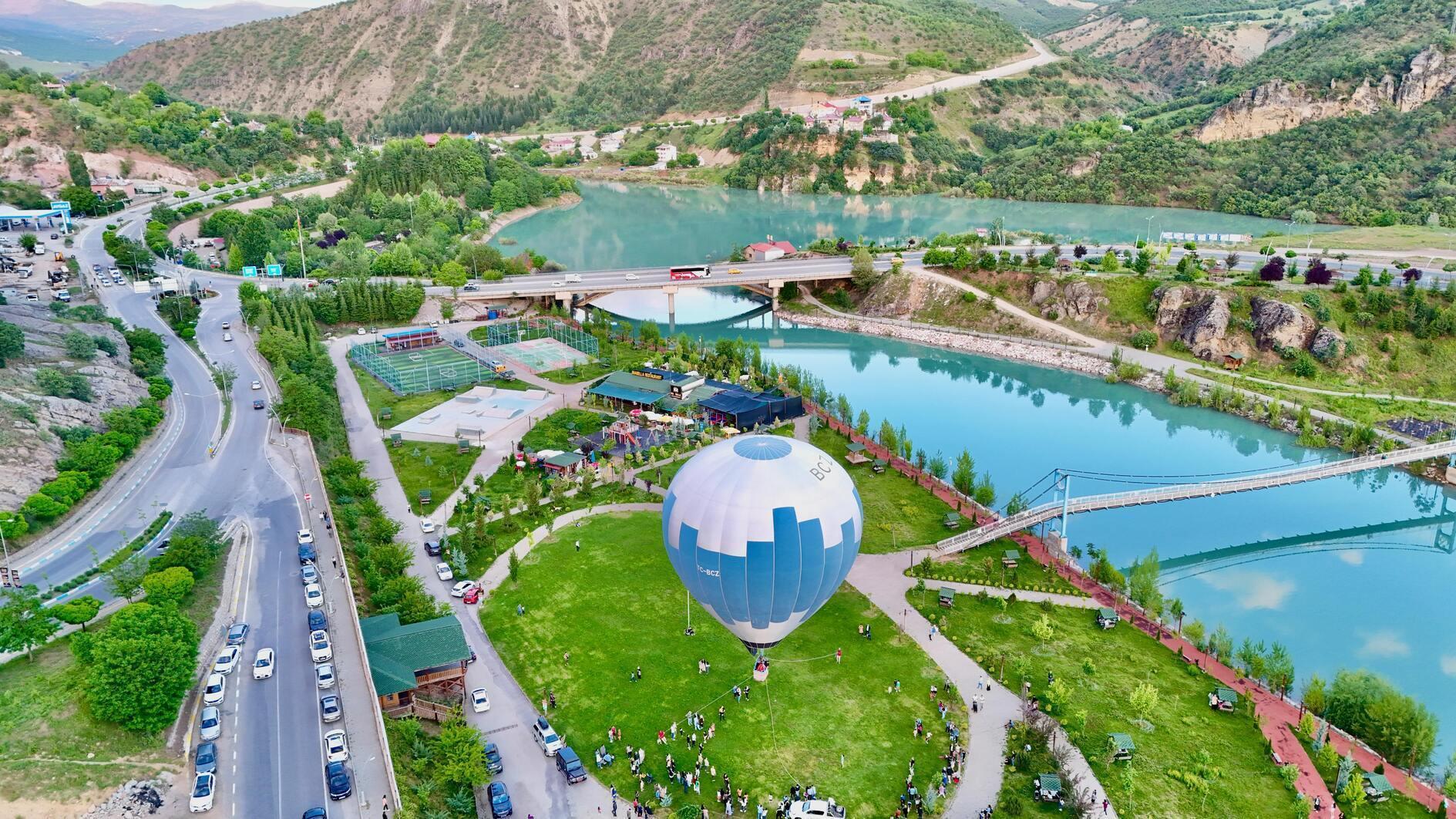Egyptian response to Israel’s Gaza raids sends mixed messages
As if all the turmoil and high levels of anxiety Egyptians have been facing since January 2011 was not enough, serious offensives on its eastern borders are causing increased apprehension. The exchange of deadly attacks between Israel and the Palestinian Gaza Strip since Thursday was not without earlier indicators. For a few months now, Egypt has been trying to deal with its share of violent eruptions and attacks on both its military and police forces in the northern Sinai. It would be difficult to assume it was not all part of the same unfolding story. It might still be unclear what the real intentions of any of these provocations really are or how far they will be allowed to go.
The sad reality, however, is that the loss of lives and homes has become acceptable collateral damage. News and pictures of that brutal human loss are aired and shared by millions of fellow humans across the globe instantly. Like many, watching this and with more at stake, Egyptians are angered by what they see. The recent attacks on Palestinian Gaza have without doubt aroused the emotions of many Egyptians. Those who support the Palestinian government and the people of Palestine were quick to rally in downtown Cairo Thursday evening and calls for a march to the border has been made by some of the many political groups who have amassed the ample experience and freedom to mobilize tens of thousands for their causes in the past 18 months.
Diplomatic and non-diplomatic responses continue to unfold faster than the speed of light. In a world that boasts amazingly advanced technologies of instant communications across continents and vast seas and oceans, it is amazing that their one way of real communication is violence. The question is what the communication is. What are the underlying messages being exchanged here? After a few hours of aggression and counter-violence, no one recalls why it all started this time. In Egypt, President Mohamed Morsi was quick to react by recalling Egypt’s ambassador to Israel and sending a severe message of objection to the government of Israel through its ambassador who also was quick to leave Cairo on Thursday. In a certainly novel and much appreciated response, Egypt’s prime minister arrived in Gaza early Friday at the head of an official delegation in a strong show of support. He denounced the Israeli aggression against Palestine and promised that Egypt would exert its utmost to enact a cease-fire and a lasting peace. Meanwhile in Cairo and across Egypt, thousands gathered Friday to denounce the attacks on Gaza, seizing the opportunity to turn the matter into an opportunity to offer Islamic Jihad-type support. Most Egyptians realize this will not be a religious fight, but a geopolitical one that has been continuing for more than 60 years now.
The Palestinians have vowed to make Israel regret its aggression and have announced news about sending long-range missiles into Israel while Israel has announced a possible land offensive. The acceleration is being closely monitored by the global community and its varied institutions. The fact remains that the Arab spring that has been changing some realities on the ground for the past two years could be used to create even more change on the most volatile of all fronts in the Middle East, Palestine.










